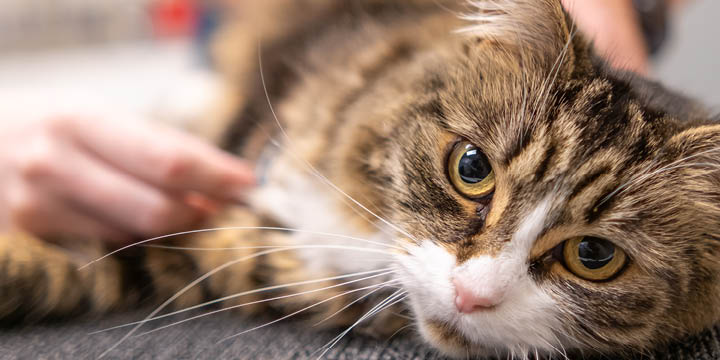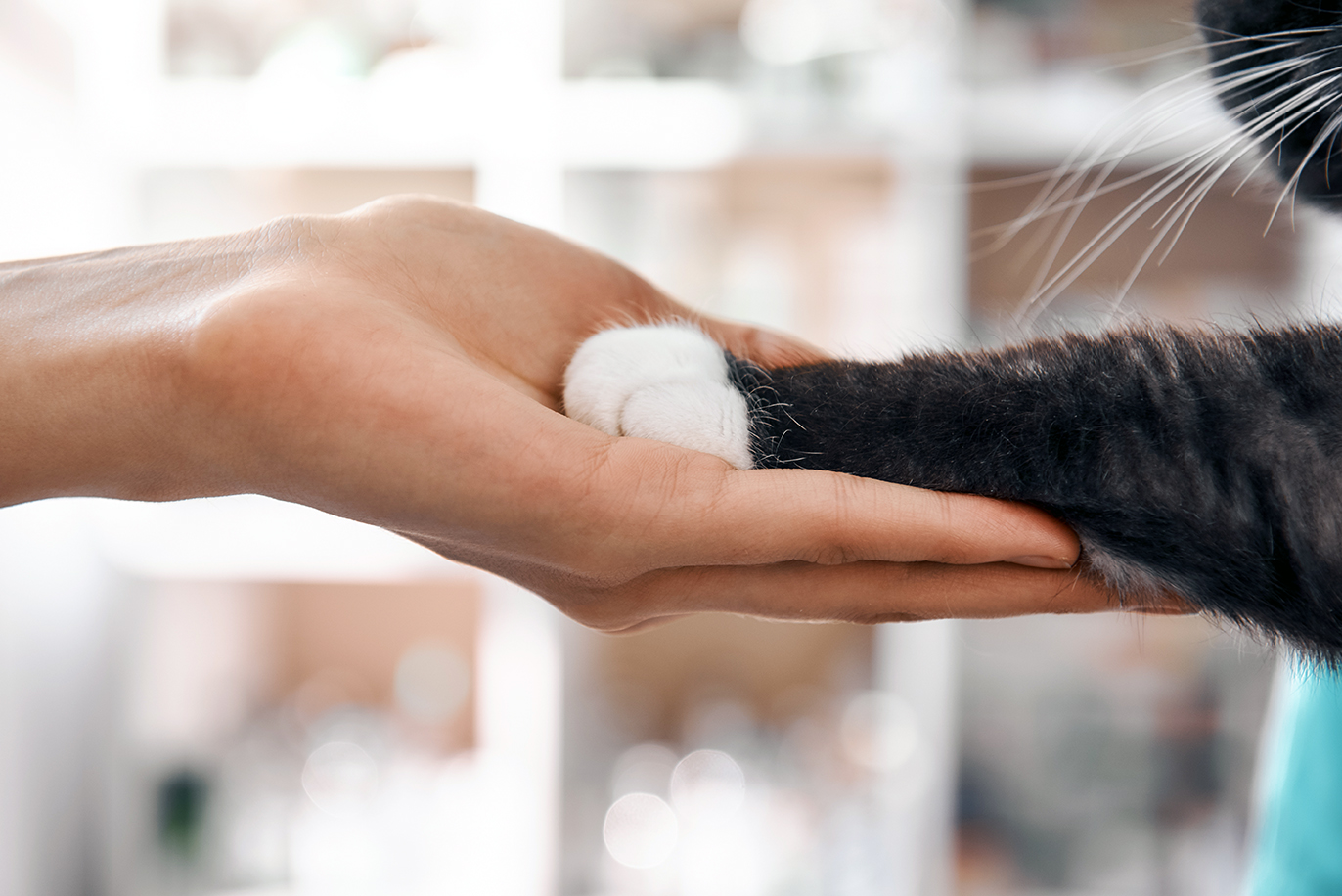
Dog Vaccinations
One of best ways we can protect our dog’s health is by vaccinating against common preventable infectious diseases. Learn more about each of the diseases we vaccinate dogs against in New Zealand.

Also known as Feline Panleukopenia Virus or Feline infectious Enteritis, it is an extremely contagious, often fatal disease caused by a virus that attacks rapidly dividing cells, such as those in the bone marrow, gut and lymph nodes. In very young kittens it can also attack the brain and eyes. It is similar to the virus that causes Parvo in dogs.
Cats pick up the virus from inhaling or ingesting infected poop, discharges or from objects contaminated by these. Shoes, food and water bowls, infected cats and even our body and clothes all help spread the disease. The virus is very resistant and can survive for a long time in the environment. Despite intensive treatment, some cats will die from this disease.
Signs we may see include:
As there is no specific treatment for the virus itself, we treat the symptoms the cat is showing. Intensive care in hospital for several days is required for severely affected cats.
Vaccination is key to controlling and preventing this highly infectious disease and it is part of the core vaccines for all cats. This disease is common in unvaccinated cats of all ages and outbreaks do occur. Keeping up-to-date with booster vaccinations will ensure your cat stays protected throughout their life.

Cat flu, or Feline Upper Respiratory Disease is a common, highly contagious disease in cats of all ages. It varies considerably in severity, and on occasion can even be life-threatening.
Most cases of cat flu are caused by infection with one or both of the cat flu viruses: Feline Herpes virus and Feline Calicivirus.
This disease spreads via sneezing, through direct contact between infected cats or objects contaminated with discharge from the eyes, nose or mouth. Contaminated items such as food and water bowls, litter trays, bedding and even our body and clothes can help spread the disease.
The symptoms in cats are similar to colds and ‘flu’ in people.
Severe cases of the disease can result in permanent eye damage, pneumonia and liver problems. Elderly cats, young kittens and cats with other health problems are more likely to develop severe disease and possibly die, usually due to secondary infections, lack of food intake and dehydration.
Some cats can be infected and show no signs of illness, however they can still pass the disease to others. Some cats who recover can continue to carry and spread the disease.
Treatment is largely based on the symptoms the cat is showing. There is no specific treatment for the viruses that cause Cat Flu. Antibiotics are used to treat secondary bacterial infections.
Vaccination is the best form of protection against cat flu and should be given to all cats. While vaccination doesn’t always prevent cats from becoming infected with cat flu, it will greatly reduce the severity of disease. Regular booster vaccinations ensure your cat stays protected against these infectious diseases.

Vaccinations are an essential part of responsible pet ownership. They help protect your cat from serious infectious diseases such as Feline Parvovirus and Cat Flu. Vaccines significantly reduce the severity of these diseases when exposure does happen, so keeping your cat's protection up-to-date with vaccine boosters is vital.
Book Now at your local Animates Vetcare clinic to ensure your cat is protected.
For more information, check out our Pet Vaccination FAQs page.

One of best ways we can protect our dog’s health is by vaccinating against common preventable infectious diseases. Learn more about each of the diseases we vaccinate dogs against in New Zealand.